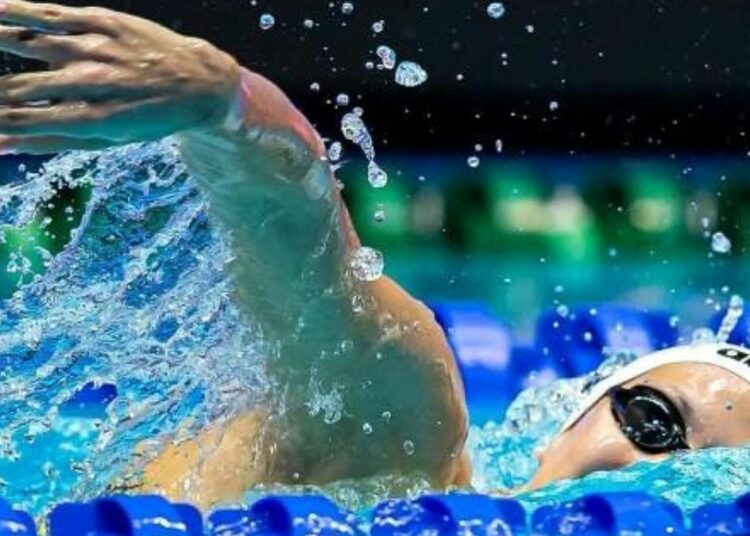The story of “Lia” Thomas, the first transgender person ever to win an NCAA title, the federation reserved for U.S. colleges, is now well known.
Will Thomas, a biological male identifying as a woman while still retaining all of the male attributes, has taken on the name “Lia” and has been given the opportunity to compete in women’s competitions in the sport he prefers, swimming, and at which–as a boy–he frankly does not excel.
Thomas has been cleared by the University of Pennsylvania to compete in the women’s 500-yard freestyle, as well as to quietly use the girls’ bathrooms and locker rooms. In March, in Atlanta, he beat all opponents, including Emma Weyant, an Olympic silver medalist in the 400 medley at last summer’s Tokyo Olympic Games.
The victory raised ill-concealed discontent among athletes, and the proud opposition of Florida Governor Ron DeSantis, who in fact rejected the results and recognized Weyant as the true winner of the race. As iFamNews wrote at the time, however, “controversy over ‘Lia’ Thomas’s participation in women’s swimming competitions is not new. So much so that the NCAA, under pressure, […] chose to revise its guidelines on trans athletes asking to compete with women. It did so by shifting responsibility onto each governing body. And so the next day the swimming governing body issued a statement saying it ‘firmly believes in inclusivity and the opportunity for all athletes to experience the sport of swimming in a manner consistent with their gender identity and expression.'”
A few days ago, the “governing body for swimming,” the International Swimming Federation (FINA), approved legislation under which transgender athletes will not be allowed to participate in elite women’s competitions unless they have completed their transition by the age of 12.
This is, of course, to prevent the “lasting competitive advantages generated by testosterone-flooded male puberty, such as greater muscle mass, lung capacity and height,” from leading to a lack of equity in competition, to the obvious disadvantage of girls, as stated in an article in The New York Post. However, the creation of an “open” category in which transgender athletes can compete also remains under consideration.
FINA follows the footsteps of the International Cycling Union, which banned trans athletes from its races in April, and precedes by a couple of days the International Rugby League, which on June 21 banned trans athletes from participating in the Rugby League World Cup, scheduled to begin in the UK on October 15.




















Discussion about this post